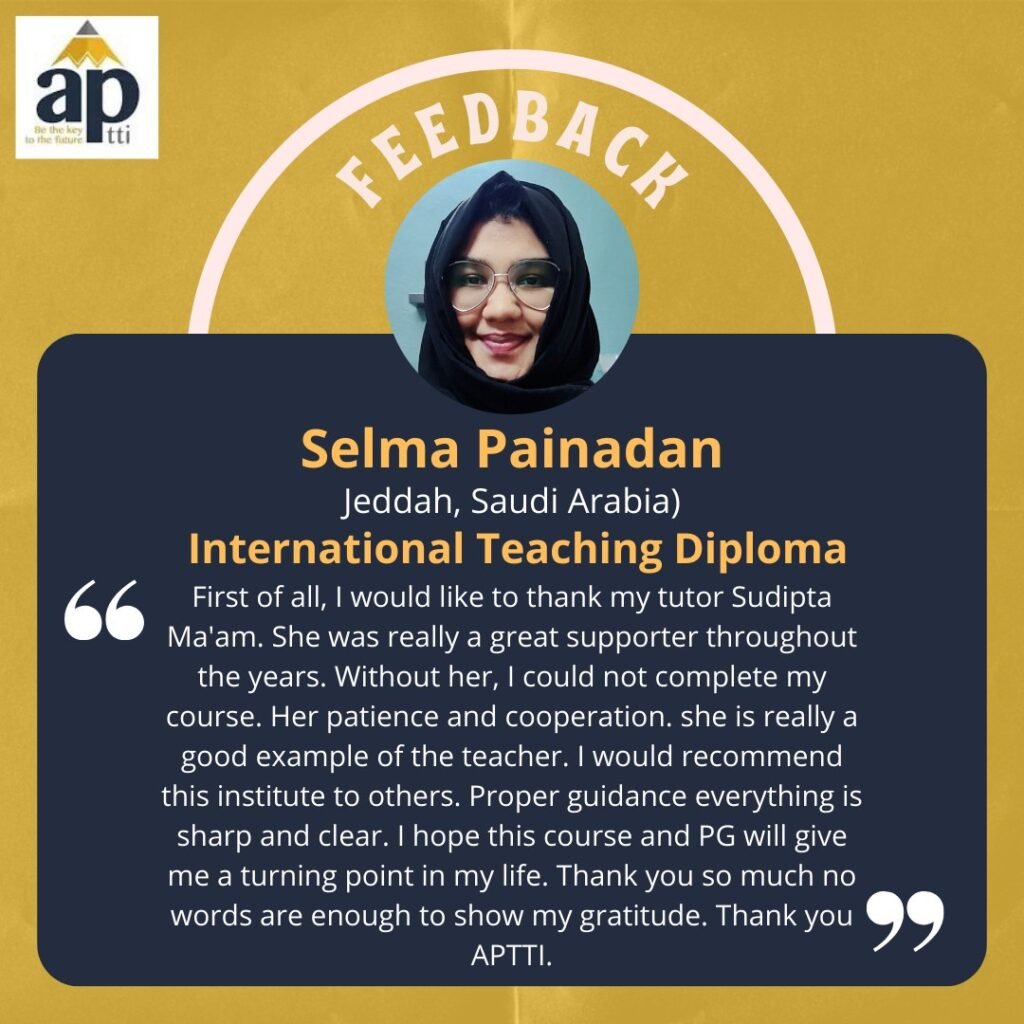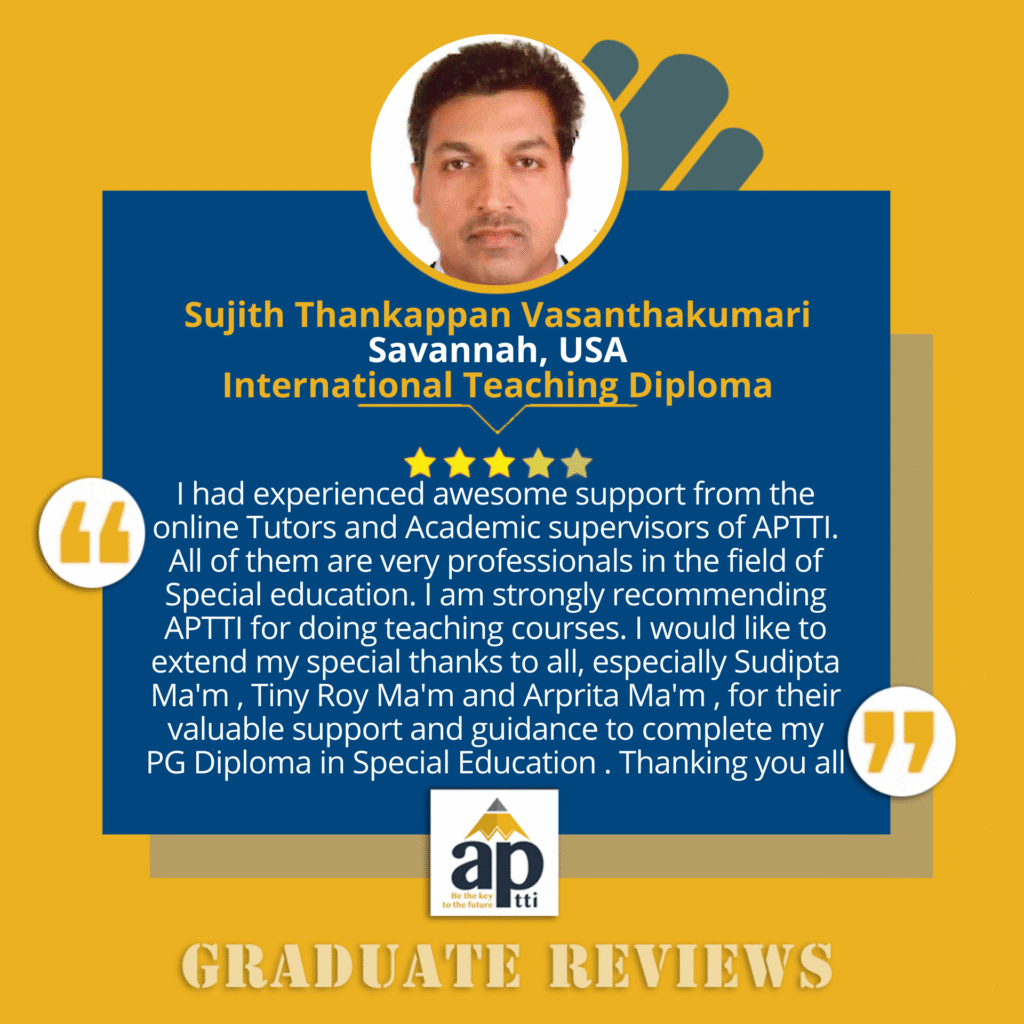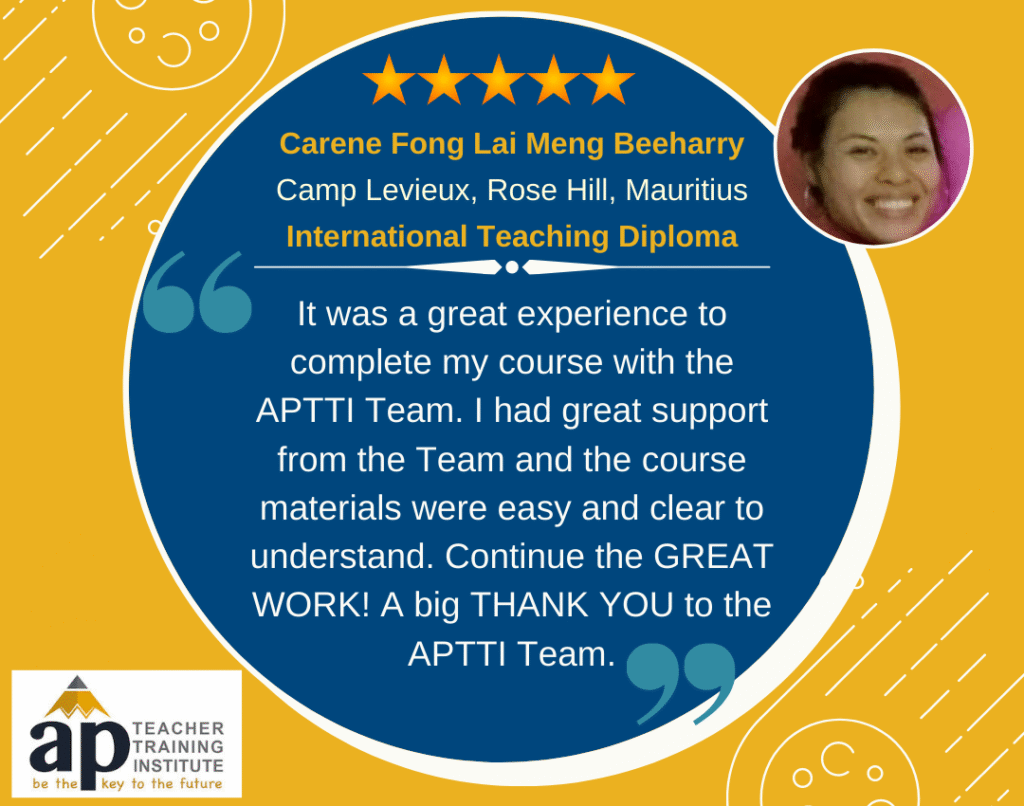How to Become an International Teacher in India: Step by Step Guide
In today’s globalized education landscape, becoming an international teacher is one of the most rewarding career choices for passionate educators. International schools in India are booming, offering students world-class curricula such as IB (International Baccalaureate), IGCSE, and Cambridge International programs. This has opened up excellent opportunities for teachers who wish to work in a multicultural environment, teach global-minded students, and develop an internationally recognized career.
If you’re looking for a step-by-step roadmap to become an international teacher in India, this blog will guide you through eligibility criteria, skills required, career prospects, and the best way to start your journey.
Who is an International Teacher?
An international teacher is an educator who teaches in schools that follow global curricula such as IB, IGCSE, Cambridge, or American Common Core. These teachers often cater to students from different nationalities and are expected to bring a global perspective into their teaching.
International teaching is not just about language proficiency; it’s about creating a classroom culture that fosters global awareness, critical thinking, and collaboration.

Step-by-Step Guide to Becoming an International Teacher in India
Obtain the Right Qualifications
To teach in international schools, having the right qualifications is essential. Most schools prefer candidates with:
- Bachelor’s or Master’s degree in Education or a subject specialization.
- B.Ed. or Diploma in Teacher Training with a focus on international curricula.
- Additional certifications such as TEFL/TESOL (for English teachers) or IB professional development workshops.
Explore high-quality teacher training programs from www.apteachertraininginstitute.com to enhance your credentials and prepare for global teaching standards.

Gain Teaching Experience
International schools prefer teachers with at least 2-3 years of experience. If you are just starting, consider:
- Teaching in CBSE/ICSE schools first to gain classroom experience.
- Volunteering or interning at international schools to understand their culture.
- Taking part in professional development and attending workshops to build a strong profile.

Learn International Curricula
To stand out as a candidate, familiarize yourself with the IB, Cambridge, or IGCSE curriculum. Many institutes and online platforms offer training and resources. Understanding lesson planning, assessment styles, and inquiry-based learning methods used in these curricula will make you more employable.
Build a Global Teaching Profile
International schools value teachers who can bring a global mindset to their classrooms. Here’s how you can build a strong profile:
- Attend international education conferences.
- Engage in online communities of international educators.
- Publish lesson ideas, blogs, or research papers related to global education.
- Highlight intercultural communication skills and adaptability on your CV.
Apply to International Schools
Once you are well-prepared, start applying to reputed international schools. Some popular job portals include:
- TES (Times Educational Supplement)
- Search Associates
- LinkedIn job postings for international schools
- Direct applications to schools such as Pathways, Oakridge, The British School, etc.
Prepare for the Interview
Interviews for international teaching positions often include:
- Demo lessons showcasing your teaching style.
- Questions about your understanding of global education.
- Classroom management techniques.
- Collaborative teaching and technology integration skills.
Stay Updated
Global education is continuously evolving. Enroll in refresher courses, IB workshops, or online micro-credentials to stay relevant.
Benefits of Becoming an International Teacher in India
- Attractive Salary Packages – International schools usually offer higher pay than national boards.
- Exposure to Global Standards – You gain experience with world-class pedagogy.
- Professional Growth – Opportunities to attend workshops, seminars, and training programs.
- Multicultural Experience – Work with students and staff from diverse backgrounds.
FAQs on Becoming an International Teacher in India
- What qualifications are required to teach in international schools?
You need at least a Bachelor’s degree in Education or your subject area, along with a B.Ed. or equivalent teacher training program. Certifications like TEFL, TESOL, or IB workshops can give you an edge.
- Do I need to know a foreign language?
Not necessarily. However, fluency in English is mandatory as most international schools use English as the medium of instruction.
- Can fresh graduates apply for international teaching jobs?
Yes, but schools usually prefer candidates with 2–3 years of teaching experience. You can improve your chances by completing an international teacher training program from www.apteachertraininginstitute.com.
- Are international teaching jobs limited to big cities?
No, many Tier 2 and Tier 3 cities now have international schools offering IB and Cambridge programs, increasing opportunities across India.
- What is the average salary of an international school teacher in India?
Salaries range from ₹40,000 to ₹1,20,000 per month, depending on experience, location, and the school’s reputation.
External Resources
For more information, you can visit:
- IBO Official Website – Learn about the International Baccalaureate curriculum.
- Cambridge Assessment International Education – Understand Cambridge curriculum frameworks and teacher support.Call to Action
Are you ready to kickstart your career as an international teacher? Start today with a globally recognized international teacher training diploma from www.apteachertraininginstitute.com and take the first step toward teaching in world-class schools.
